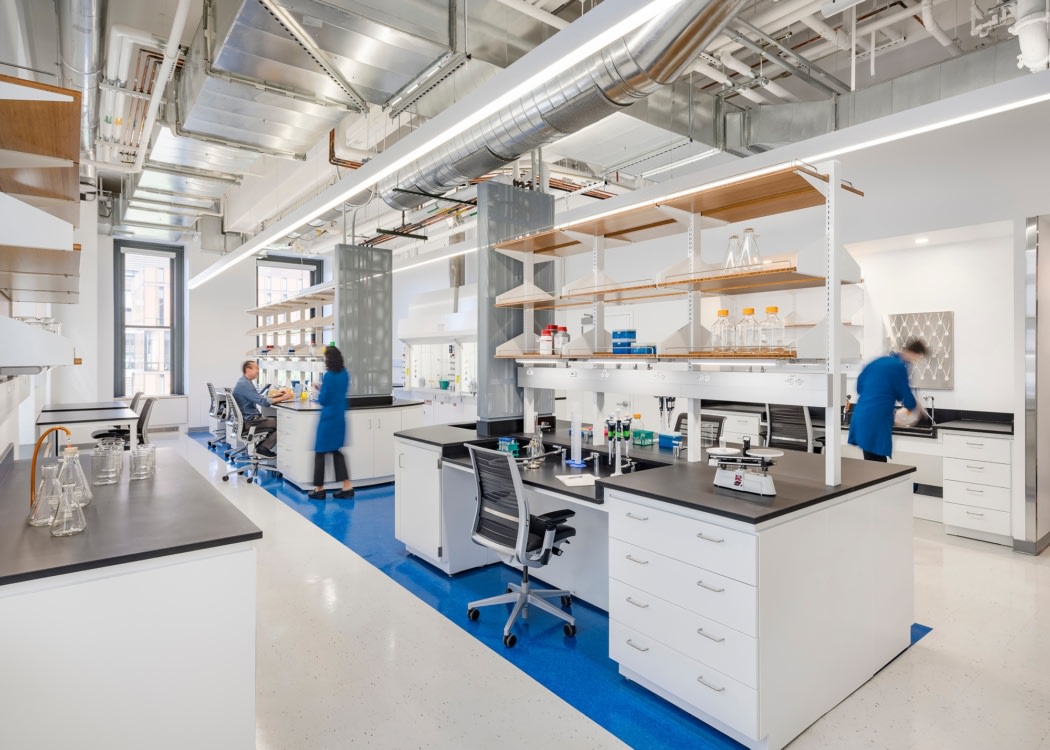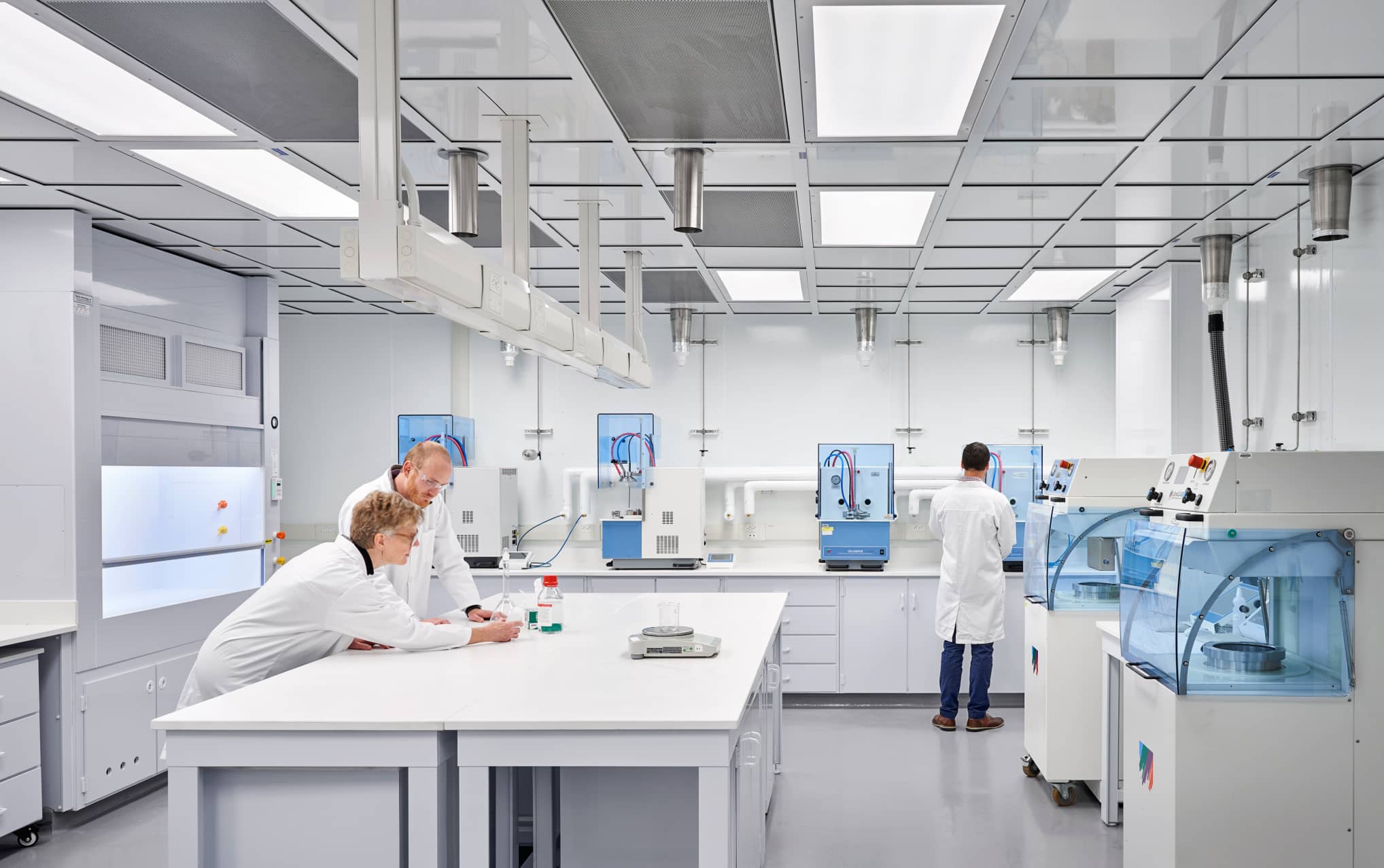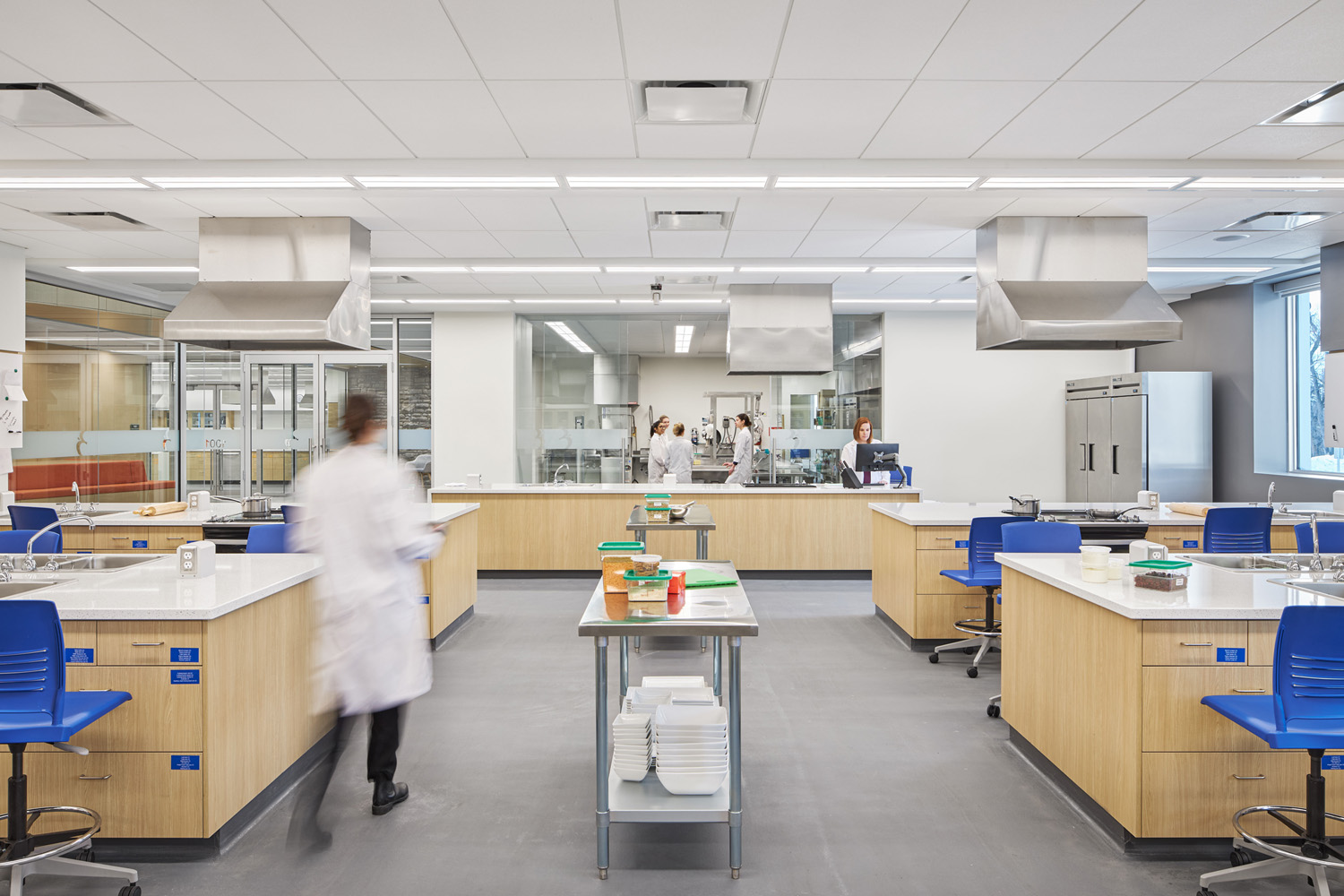When we think of laboratories or research facilities, the image tends to be of large, pristine buildings set in a dedicated industrial zones such as Hal Far or Mriehel in Malta or even the Life Sciences Park in San Gwann.
But a range of trends are beginning to challenge this practice, bringing a new generation of scientific buildings right into the heart of our towns, not just in Malta but all over Europe and North America.
As a 2023 Urban Land Institute report on the life sciences property market makes clear, location is an increasingly key factor for scientific businesses and organisations. A new generation of researchers and scientists have emerged, who wish to live the same urban lives as their family and friends, meaning the era of the remotely located science park is dwindling in appeal.
Tech firms like Google and Meta have been wrestling with this same challenge, perhaps for longer, leading to vibrant tech clusters in city centre locations, like London’s King’s Cross Knowledge Quarter or Berlin’s Silicon Allee.
The international scene
The science clusters of Oxford and Cambridge have almost no available laboratory spaces for rent, according to new property data, raising concerns about the UK’s ability to capitalise on a surge of interest in its life sciences sector.
Investor groups and chief executives have warned that the crisis in lab space in the so-called ‘Oxford-Cambridge arc’ is driving companies to cities such as Boston in the US, which have millions of square feet immediately available.
Data collected by Bidwells, a property consultancy focused on the Oxbridge knowledge economy, showed availability was close to zero in 2023 in both cities after demand surged by almost a quarter in the first half of the year.
Sue Foxley, research director at Bidwells, said the shortage is worse than she had seen before, and many companies are now choosing to lease office and other commercial space, before refitting them as laboratories.
She said: ‘There are grand ambitions to transform Britain into a scientific superpower, but the Oxford-Cambridge arc is at threat of becoming a victim of its own meteoric rise, with the unicorns of tomorrow increasingly being locked out of mission-critical research and development space.’
Alexis Dormandy, the chief executive of Oxford Science Enterprises, said: ‘Investment in life sciences is growing by 35 per cent a year — 50 per cent around Oxford — but we need to find innovative ways to invest in new laboratories such as refurbishing old office sites.’
Some of the world’s biggest names in science and technology, such as AstraZeneca, Apple and Microsoft have clustered around Oxford and Cambridge.
Last month, it was announced that three 1980s office buildings in Cambridge are to be demolished to make way for new life science laboratories.
Cambridge City Council has approved plans to knock down the offices in order to build a four-storey research and development building.
The situation in Malta
The science sector has a wide ranging presence in the Maltese economy, with well established operations in the manufacture of pharmaceuticals and medical devices, the production of software for the healthcare industry, as well as a growing health tourism sector. But is there enough room? For now, the answer seems to be yes, for now.
The Malta Life Scences Park was conceived by the country’s economic development agency, Malta Enterprise, to provide an international class facility for life sciences.
The area is designed to promote research and development and to spur the growth of the life sciences sector in Malta, building on the base that the island developed in the pharmaceutical industry during the last decade.
So what are the benefits of revamping older offices and other buildings for use as modern laboratories?

Inspiration starts with environment
The theory is that these new hubs of highly skilled, highly motivated and collaborative people, make sense located near investors, social opportunities, access to government and that the city itself adds prestige and brand value. What is true here of ‘tech’, is equally true of the science sector.
Universities and research institutions are now increasingly looking to urban locations to accommodate and attract global talent. Scientists and researchers are looking for roles in more central locations with access to amenities, travel links and affordable accommodation. So, how can science sector bodies embrace this new urbanism?
So if we know the idea will attract talent, ensure a growing and thriving community of experts, isn’t the main barrier – urban development costs – still in the way? While it’s true that the land under most major cities is a country’s most expensive, other recent trends present an opportunity. With bricks and mortar retailers retreating from town and city centres, out-competed by ecommerce giants, and the post-pandemic phase encouraging developers and landlords to think creatively about how their estates might be used in future, there is an opening for new uses and new ideas.
Retrofit and revamp
Retrofitting existing buildings is becoming more physically viable and commercially attractive. It addresses the embodied carbon issues inherent in building new, and is a way for organisations to ‘walk the walk’ on their wider climate commitments. In the EU and the UK, all buildings must be net zero carbon by 2050 and at the same time it is estimated by the Green Buildings Council that 80% of 2050’s building stock already exists. That means meeting embodied carbon targets through re-purposing buildings wherever we can. While not every building will be suitable for re-purposing to scientific or laboratory uses, those that are should be considered for conversion for science.
Sites ripe for change
Many developed cities are discovering traditional real estate assumptions no longer hold true, from the waning popularity of large mid-price hotels in the era of AirBnB to the continuing troubles facing major retail chains. For those looking at science conversion opportunities, shopping centres and retail units often look the most promising, whereas offices can prove more challenging but still have great potential. In reality, different solutions can be applied even within the most challenging constraints, and these solutions are closely related to the type and size of tenants and level of service provision that is targeted for a specific building.
A place for new ideas
If you look with a fresh pair of eyes, you’ll notice the signs of endless building conversion in almost every in Malta. Abroad, many old churches have become housing, pubs become offices, and public conveniences become trendy bars. In many ways, cities are always a petri-dish for new building uses and new ideas.
So with a renewed love for city life evident in so many countries, and with a growing commitment to reuse as much of our already-built environment as we can, it’s an exciting time to bring science closer to the people.

Whatever your goals, let’s get going
Stay up to date with the latest news, ideas and insights from Evolve
Evolve’s commitment to you
Evolve helps medics, researchers, technicians and scientists increase efficiency and productivity every day.
We are a leading supplier of laboratory equipment and analytical instruments for scientific, R&D, educational and medical laboratories in Malta, Europe and beyond. We back all our lab equipment products with unbiased technical assistance to help you solve your application needs.
At Evolve, we always…
- Put our customers first – We dedicate our energy and efforts to sourcing great quality products and exceeding customer service expectations.
- Act with integrity – We build relationships based on honesty, trust and transparency with our customers, colleagues and the communities we serve.
- Strive for simplicity – We believe that simplicity lowers costs for our customers, increases efficiencies and makes life easier for everyone.
- Enjoy what we do – We work hard, try our best, share and celebrate success and love what we do. It makes our lives better and results in better customer service.


